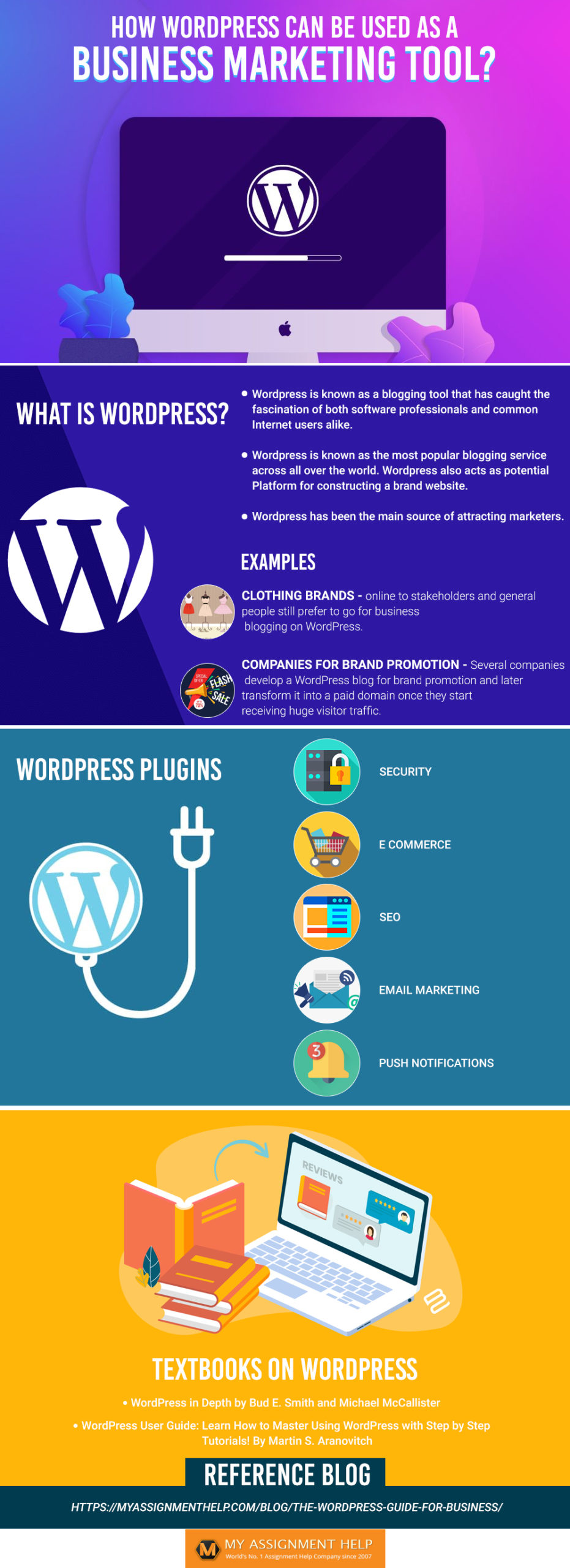Working as a freelancer gives you the freedom to work when and how you want and, in many cases, to receive better remuneration for your efforts. You need to keep in mind, however, that for tax and other legal purposes you are regarded as small business and you are now responsible for protecting yourself against events that would have been covered by your employee status. This means that you need to pay your social security and taxes. It also means that you can be held responsible for any damages or losses that your clients suffer as a result of your work. Here are the important Insurance Considerations for a Freelancer.
An important part of becoming a freelancer is recognizing that you are solely responsible for protecting yourself, your business, and your assets while performing your work and the way to do this is by buying appropriate insurance.
As a freelancer you are protected by the terms of your contract with your client and by law are entitled to be paid for your work, to have a safe working environment and from discrimination in the workplace. You are personally responsible, however, for the work that you perform and can face legal claims from your clients when they believe they have suffered damages as a direct result of your work or when they believe that you have failed to meet your contractual obligations.
Even when you believe that you have done nothing wrong, defending yourself against a damages or liability claim can be a significant financial burden. Legal representation is expensive and if a court finds against you it can be crippling since, without the appropriate insurance, you will be held personally liable which could result in personal bankruptcy.
Not having the appropriate insurance coverage is not only risky it could also disqualify you from working for certain clients. Having the appropriate insurance, however, will make you more attractive to potential clients and shows that you are a professional that holds both your and their best interests as a priority. Following are various types of insurance that you may need when working as a freelancer.
Professional Liability Insurance
Professional liability insurance is probably the most important type of insurance for a freelancer. It will cover you against claims of negligence, poor performance or damages and will pay all of the legal costs you incur from a lawsuit by a client.
This type of insurance is vital because, even with the best intentions and adequate care taken, things can go wrong. You might make a mistake or give the wrong advice or, even when you are not at fault, one of your clients could suffer damages and decide that your work is the cause. If a court decides in their favor this could mean financial ruin for you because, without appropriate insurance, you will be held personally liable for any damages suffered by your client.
Professional liability insurance will not only cover your legal expenses but also any compensation that is awarded to a client if you are found to be at fault. It is an essential insurance for any freelance role and gives you peace of mind knowing that whatever the circumstances of a dispute you are protected financially.
Public Liability Insurance
This type of insurance is important if you have contact with the general public as part of your work. Although this type of insurance is not generally required for the majority of freelancers, it can protect you if a member of the public sues you for injury or damages that they have sustained due to your freelancing activities. It covers claims for compensation for injuries or property damage and is necessary when your activities could pose a potential risk to your clients or the general public.
While this is one of the most important policies that most small business owners have, whether you need it will depend on whether your activities could result in customer injuries or third-party damages. It may be necessary in some circumstances even when this is not the case. If you are a freelancer that is renting out office space for work, for example, you may be required to show that you have public liability insurance coverage before you can sign the lease.
Health and Disability Insurance
As a freelancer you do not receive healthcare coverage as you would if you were an employee and need to purchase your own policy. You should also consider purchasing disability insurance which will protect you if you suffer a serious illness or injury that prevents you from working for an extended period. Personal accident insurance is another way to protect yourself against a loss of income if you suffer a serious accident.
Contents Insurance
This type of insurance protects the assets and tools you use as part of your freelancing work. Whether you need this type of insurance will depend on the type of work that you do. You should remember, though, that even if you only use a computer (and/or smartphone) the impact of any interruption to your business if these were damaged or stolen could be significant. If you are working from home, you might be surprised to know that many home and contents insurance policies do not cover items that you use for work in a home office.
Other Types of Insurance
Additional insurance that you may require will depend on your circumstances and the type of work that you do. You may want to consider business interruption insurance, for example, if there is a risk of certain events occurring that prevent you from working (such as extreme weather) or cyber and data risk insurance if you are working on clients’ computer systems which contain sensitive data. You can also invest in legal protection insurance which protects you against payment disputes and whether you have performed the work according to your contract.




